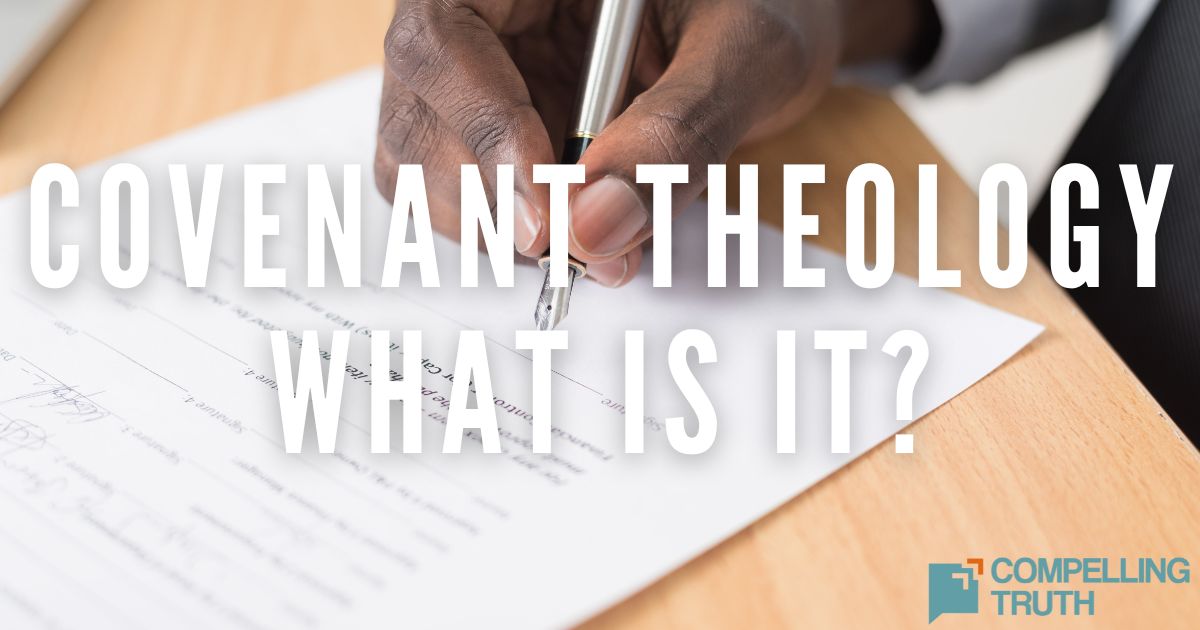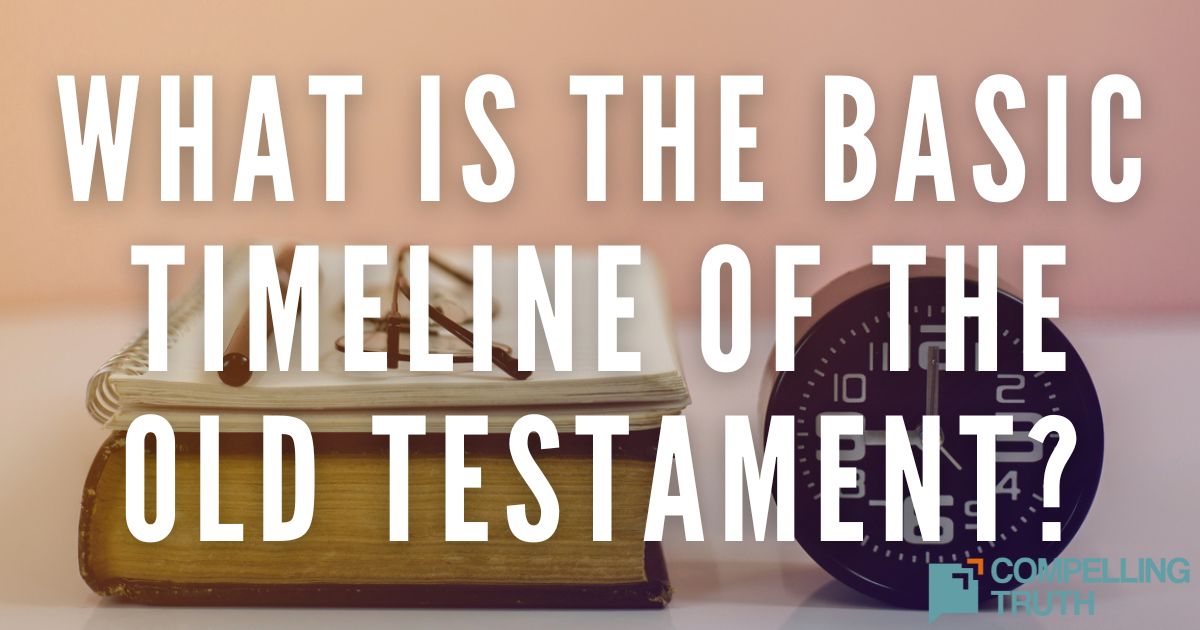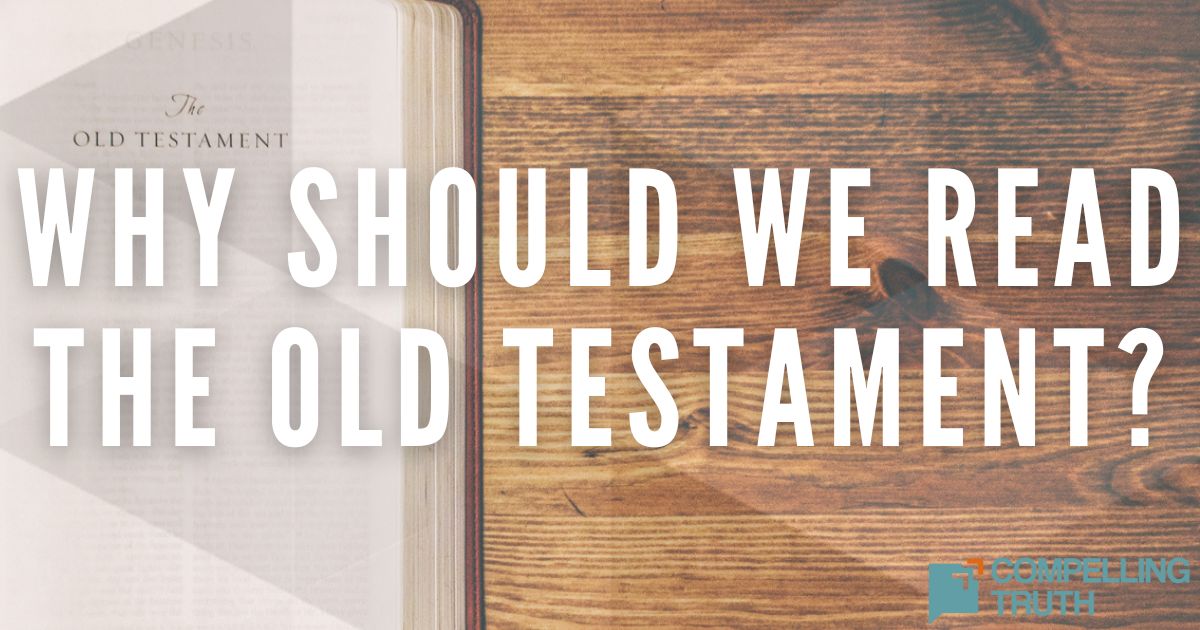Covenants are an important feature of the Bible's teaching. Seven specific covenants are revealed in Scripture. These seven covenants fall into three categories—conditional, unconditional, and general. Conditional covenants are based on certain obligations and prerequisites; if the requirements are not fulfilled, the covenant is broken. Unconditional covenants are made with no strings attached and will be kept regardless of one party's fidelity or infidelity. General covenants are not specific to one people group and can involve a wide range of people.
The conditional covenant mentioned in Scripture is the Mosaic Covenant; the blessings it extends are contingent upon Israel's adherence to the Law. The unconditional covenants mentioned in the Bible are the Abrahamic, Palestinian, and Davidic Covenants; God promises to fulfill these regardless of other factors. The general covenants mentioned are the Adamic, Noahic, and New Covenants, which are global in scope.
While not all Bible scholars agree on every detail regarding these biblical covenants, it is clear that God has made certain promises. Some of His promises are to all people, and some are limited to Israel. All of God's promises are based on who He is and His plan for the world. Under the New Covenant, which Jesus sealed with His own blood, everyone is offered salvation by grace through faith. "And it shall come to pass that everyone who calls upon the name of the Lord shall be saved" (Acts 2:21).
The revelation of God through covenants in the Bible serves as a framework for understanding God’s character and His redemptive plan for humanity. Each covenant—whether with Adam, Noah, Abraham, Moses, or David—builds upon the last, progressively revealing God’s commitment to His promises. They demonstrate His faithfulness, justice, and mercy, showing that God’s dealings with humanity are rooted in His unchanging nature. The New Covenant, established through Jesus Christ’s sacrifice, fulfills His other covenants and invites all people into a relationship with Him through faith (Acts 2:21).




